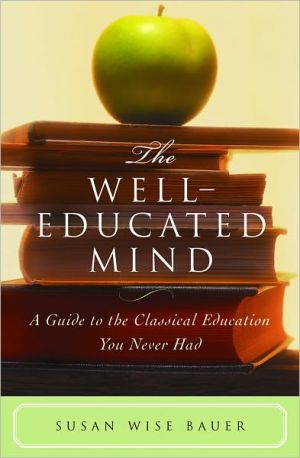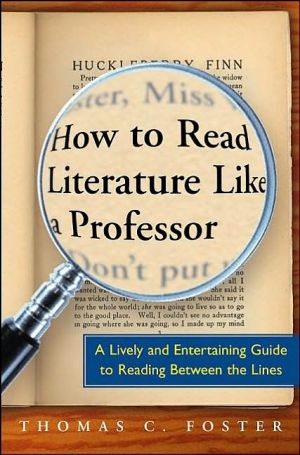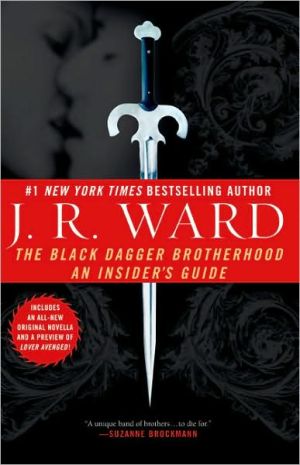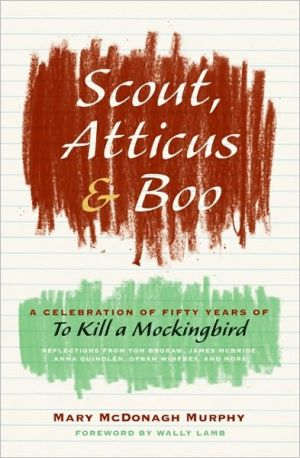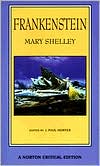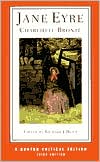Well-Educated Mind: A Guide to the Classical Education You Never Had
An engaging, accessible guide to educating yourself in the classical tradition.\ Have you lost the art of reading for pleasure? Are there books you know you should read but haven't because they seem too daunting? In The Well-Educated Mind, Susan Wise Bauer provides a welcome and encouraging antidote to the distractions of our age, electronic and otherwise. In her previous book, The Well-Trained Mind, the author provided a road map of classical education for parents wishing to home-school...
Search in google:
An engaging, accessible guide to educating yourself in the classical tradition.Publishers WeeklyBauer's The Well-Trained Mind (which she co-wrote with Jessie Wise) taught parents how to educate kids; her latest is designed for adults seeking self-education in the classical tradition. Reading-sustained, disciplined and structured-is her core methodology, so she starts with tips on improving reading skills and setting up a reading schedule (start with half-hour sessions four mornings a week, with daily journal writing). Reading is a discipline, like meditating or running, she says, and it needs regular exercise. To grow through reading-to reach the "Great Conversation" of ideas-Bauer outlines the three stages of the classical tradition: first, read for facts; then evaluate them; finally, form your own opinions. After explaining the mechanics of each stage (e.g., what type of notes to take in the book itself, or in the journal), Bauer begins the list section of the book, with separate chapters for her five major genres: fiction, autobiography/memoir, history/politics, drama and poetry. She introduces each category with a concise discussion of its historical development and the major scholarly debates, clearly defining all important terms (e.g., postmodernism, metafiction). And then, the piece de resistance: lists, in chronological order, of some 30 major works in each genre, complete with advice on choosing the edition and a one-page synopsis. Bauer has crafted a timeless, intelligent book. (Aug.) Forecast: Bauer's book has a large potential readership. For serious self-educators, it's a well-balanced, long-lasting reading program. For book-clubbers, it's a brilliant guide on to how to analyze any given literary work-even if it's not on Bauer's list. And for college students in trouble, it's a quick gloss of books there wasn't time to read, plus sound advice on spotting critical fallacies. Copyright 2003 Reed Business Information.
Acknowledgments9Pt. IBeginning: Preparing for Classical EducationCh. 1Training Your Own Mind: The Classical Education You Never Had13Ch. 2Wrestling with Books: The Act of Reading24Ch. 3Keeping the Journal: A Written Record of New Ideas34Ch. 4Starting to Read: Final Preparations41Pt. IIReading: Jumping into the Great ConversationCh. 5The Story of People: Reading through History with the Novel57Ch. 6The Story of Me: Autobiography and Memoir114Ch. 7The Story of the Past: The Tales of Historians (and Politicians)163Ch. 8The World Stage: Reading through History with Drama240Ch. 9History Refracted: The Poets and Their Poems307Permissions405Index407
\ Publishers WeeklyBauer's The Well-Trained Mind (which she co-wrote with Jessie Wise) taught parents how to educate kids; her latest is designed for adults seeking self-education in the classical tradition. Reading-sustained, disciplined and structured-is her core methodology, so she starts with tips on improving reading skills and setting up a reading schedule (start with half-hour sessions four mornings a week, with daily journal writing). Reading is a discipline, like meditating or running, she says, and it needs regular exercise. To grow through reading-to reach the "Great Conversation" of ideas-Bauer outlines the three stages of the classical tradition: first, read for facts; then evaluate them; finally, form your own opinions. After explaining the mechanics of each stage (e.g., what type of notes to take in the book itself, or in the journal), Bauer begins the list section of the book, with separate chapters for her five major genres: fiction, autobiography/memoir, history/politics, drama and poetry. She introduces each category with a concise discussion of its historical development and the major scholarly debates, clearly defining all important terms (e.g., postmodernism, metafiction). And then, the piece de resistance: lists, in chronological order, of some 30 major works in each genre, complete with advice on choosing the edition and a one-page synopsis. Bauer has crafted a timeless, intelligent book. (Aug.) Forecast: Bauer's book has a large potential readership. For serious self-educators, it's a well-balanced, long-lasting reading program. For book-clubbers, it's a brilliant guide on to how to analyze any given literary work-even if it's not on Bauer's list. And for college students in trouble, it's a quick gloss of books there wasn't time to read, plus sound advice on spotting critical fallacies. Copyright 2003 Reed Business Information.\ \ \ \ \ Library JournalBauer (American literature, Coll. of William & Mary) provides a clear guide to educating oneself in the liberal arts through disciplined, critical reading of literary classics. After distinguishing reading for learning from reading for pleasure, she discusses techniques for rapid and critical reading, rereading, and journaling of the texts. Each chapter discusses how to explore different types of writing, from novels to autobiography, historiography, drama, and poetry. The lengthy annotated bibliography of inexpensive recommended editions range from classical Greek writing to contemporary literature and provides brief summaries that highlight important themes in each text. Recommended for public and undergraduate libraries.-Carolyn M. Craft, Longwood Univ., Farmville, VA Copyright 2003 Reed Business Information.\ \ \ School Library JournalAdult/High School-Written in a straightforward style accessible to most students, this readable book provides solid, step-by-step advice on how to read some of the world's great books with discipline and comprehension. The first four chapters explain the author's well-thought-out three-step program, how and why it works, and how to prepare to use it. The remainder of the volume devotes a chapter each to analysis of novels, autobiography/memoirs, history, drama, and poetry. The system involves reading each book three times: once for the facts, once for analysis, and once for an informed evaluation of the author's ideas. Readers are encouraged during this process to mark up their books with comments and questions in the margins (or use Post-Its), and to keep a journal of quotes, summaries, questions, and ruminations. The genre chapters include some history, a discussion of important terms used, questions about the books that readers will want to ask themselves, a thoughtful pr cis of 25 or so important titles presented chronologically (with discussion of the changes in the genre over the centuries), and recommendations for the best and cheapest editions of each title. Works range from the Greeks to Francis Fukuyama, from Cervantes to Don Delillo, from Homer to Rita Dove. Some Web sites are also mentioned as sources for understanding. While few teens will want or have time to read a book three times, most will find much of value in helping them to understand their reading assignments.-Judy McAloon, Potomac Library, Prince William County, VA Copyright 2003 Reed Business Information.\ \
